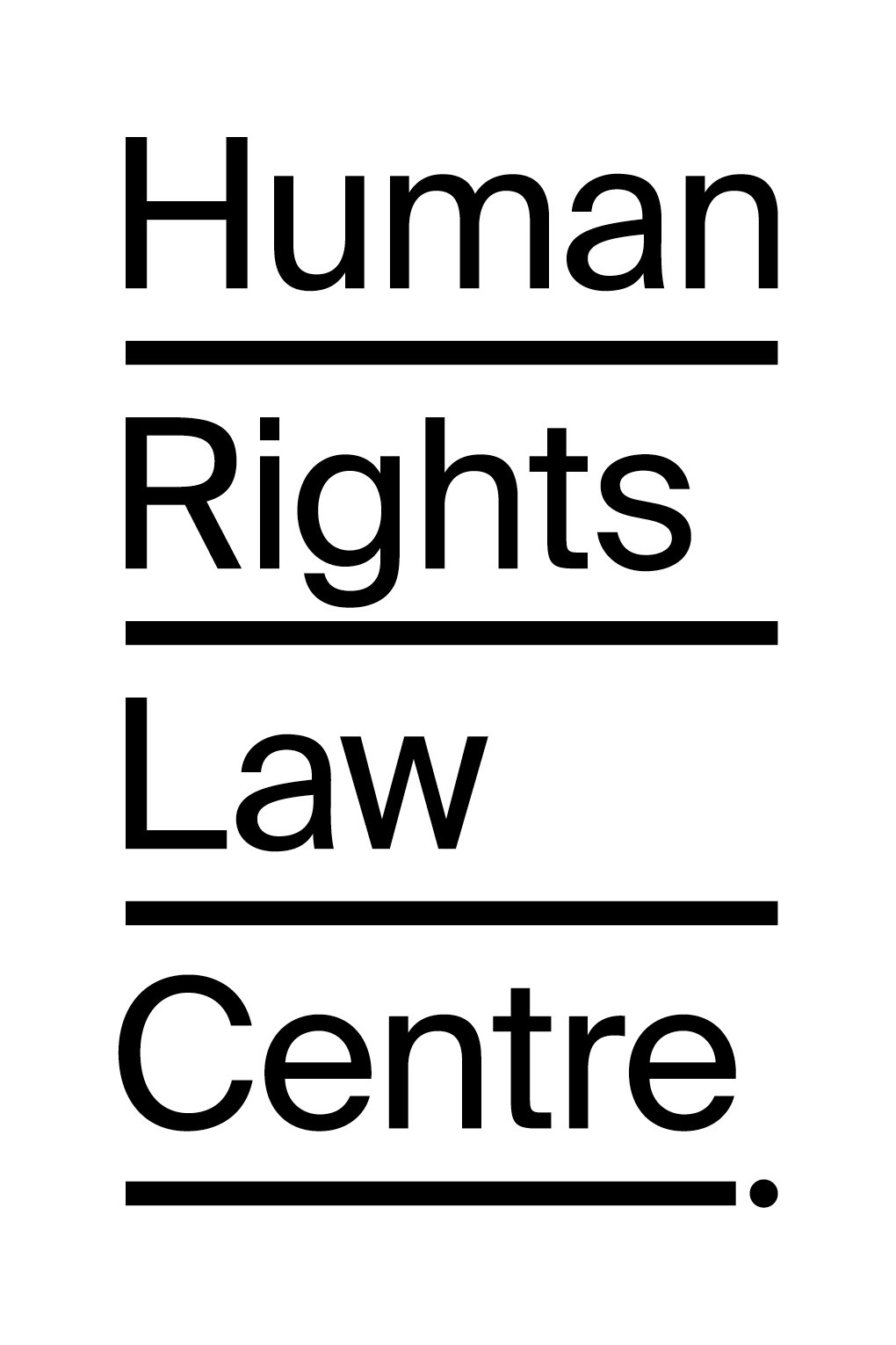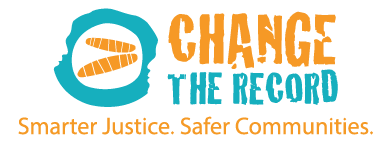Australia’s credibility on human rights at risk as UN terminates visit to Australia
The United Nations torture prevention body has formally terminated its visit to Australia after being forced to leave the country early in October following the prevention of full access to prisons and mental health facilities in New South Wales and Queensland.
Terminating a visit has only happened on one other occasion to Rwanda. Since its establishment 15 years ago, the Subcommittee on Prevention of Torture and other Cruel, Inhuman or Degrading Treatment or Punishment (UN SPT) have made over 80 visits to more than 60 countries.
In 2017, Australia ratified the Optional Protocol to the Convention Against Torture (OPCAT), requiring every state and territory to have designated a ‘National Preventive Mechanism’ to carry out inspections and oversight of police and prison cells (as well as other places of detention) to protect against torture, mistreatment, abuse and systemic failings.
Despite having 5 years and multiple deadlines, including the latest deadline in January, Australia has failed to implement anti-torture mechanisms for people behind bars.
The SPT’s termination of its visit is yet another blight on Australia’s international human rights track-record and puts Australia’s credibility on human rights issues at risk. Australia is now also in danger of being included on a UN list of countries whose lack of OPCAT compliance is concerning. 14 other countries on this list (such as Burundi, Democratic Republic of the Congo and South Sudan) are also substantially overdue in meeting their OPCAT obligations.
Maggie Munn, Gunggari person and Acting Executive Officer, Change The Record:
“The rates with which human rights abuses occur in this country within detention facilities, prisons, and hospital or care settings is outrageous and we had an opportunity to shine a light on that and bring about change with the United Nations SPT visit. That this opportunity no longer exists because of state governments playing politics and refusing the entry of the delegation to these facilities is an appalling stain on Australia’s human rights record.
“Legal, advocacy, health and community services sectors have long called for our governments to implement OPCAT and to put an end to the human rights abuses that continue to cause harm to so many. States and territory governments must stop playing politics with people’s lives, and start upholding international human rights laws.”
Amala Ramarathinam, Acting Managing Lawyer at the Human Rights Law Centre:
“It is a stain on Australia’s human rights record that the UN has been forced to terminate its visit. The Don Dale Royal Commission, the Disability Royal Commission, the Aged Care Royal Commission, as well as many other inquiries and coronial inquests, have painted a dire picture of the human rights abuses that are allowed to thrive behind closed doors. Australia must implement the OPCAT treaty immediately if it wants to be taken seriously on the international stage.
“Australia’s youth legal system is in crisis and we have again recently heard harrowing accounts of the brutal treatment and systemic abuse of children in youth prisons in NSW, NT, WA and Tasmania. Governments have known for decades that robust and independent oversight of all places of detention is sorely needed. Their continued failure to implement anti-torture mechanisms is a callous and dangerous disregard of the rights and lives of people behind bars.
“The Albanese government and states such as NSW, Qld and Victoria must come to an agreement around funding - there is no excuse for a delay on these grounds when spending on prisons is at an all-time high. All governments must urgently establish and resource independent monitoring and oversight of prisons, police cells and all places of detention. We must shine a light on human rights abuses wherever they occur and end the use of cruel and degrading practices – like routine strip searching and solitary confinement – once and for all.”
Media Contact: Thomas Feng, Media and Communications Manager, Human Rights Law Centre, 0431 285 275, thomas.feng@hrlc.org.au


